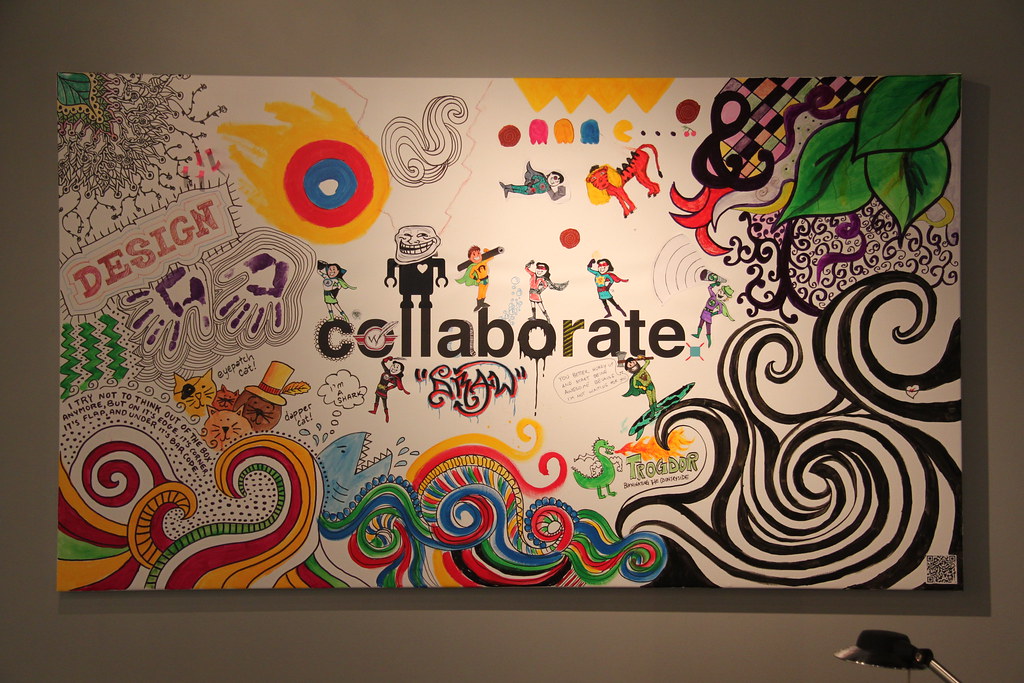We recently held our latest Grants Factory workshop on developing successful collaborations. Dr Peter Bennett suggested that his most fruitful collaborations had started informally, in tea rooms or pubs, and he stressed the importance of getting on well with your project partners. Prof Jon Williamson gave some reasons for collaborating, which included:
- it enables you to solve a larger problem, if you only had the knowledge and tools to solve an element of it;
- it enables you to ‘do more with your time’;
- it is an opportunity to learn from other disciplines;
- it is an opportunity to propagate new ideas.
The difficulties that were inherent in collaboration were recognised, particularly in large projects that had multiple partners across Europe. One participant compared it to ‘herding cats’, and it was clear that the leader of a multidisciplinary project needed to have strong resolve and a willingness to take tough decisions, even going so far as cutting out a partner who wasn’t delivering.
Other questions that were explored in the breakout groups after lunch included:
- do partners need to understand more than one discipline?
- how do you know what is not known in the other disciplines?
- how do you find, choose, manage and reject partners?
- how do you ensure that everyone contributes and delivers effectively?
- what resources are needed by a collaborative project?
- what makes a collaborative funding proposition convincing?

